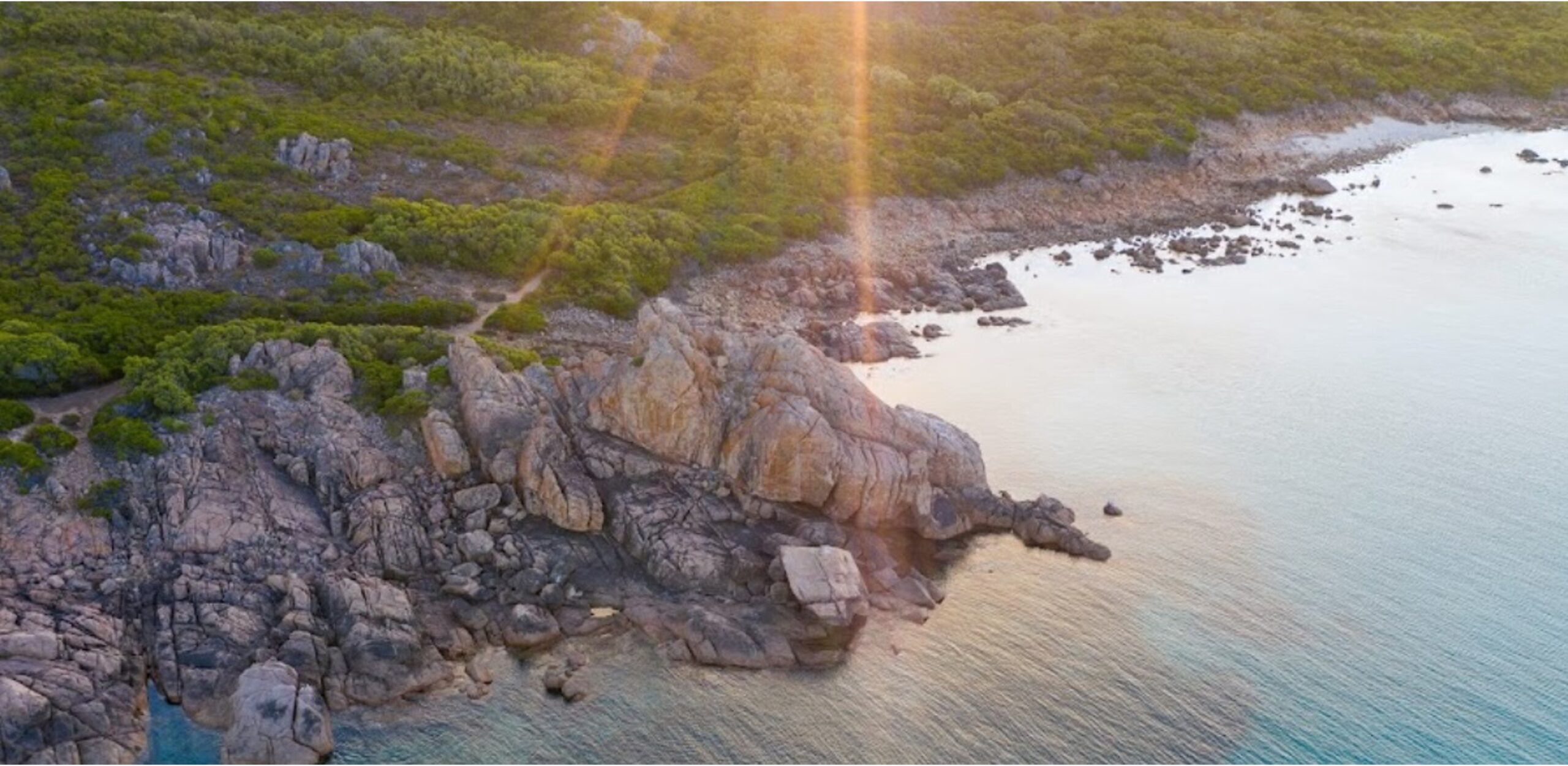From towering mountain ranges to ancient Egyptian statues and Incan cities, granite has quietly shaped the natural and cultural heritage of our world. But beyond its aesthetic appeal, this igneous rock has, for over two centuries, helped scientists unlock the secrets of Earth’s internal dynamics.
Now, a new international review published in Earth-Science Reviews explores how our understanding of granite has evolved over the past 200 years. The research, led by Eloi González-Esvertit from Geosciences Barcelona (GEO3BCN-CSIC), involves contributions from the University of Barcelona (UB), the University of Tübingen (Germany), the China University of Geosciences, and the University of Johannesburg (South Africa).
The paper traces the journey from 18th-century hypotheses to cutting-edge chemical analysis and numerical models, mapping the rich history of granite geology. “These rocks have long been central to understanding Earth’s dynamic processes and continue to be a critical focus of scientific inquiry”, explains González-Esvertit.
Earth’s Geological Witnesses Granite forms deep within the Earth’s crust through the slow cooling of magma, emerging in landscapes across the globe. Its composition not only shapes iconic vistas but also provides critical insights into tectonic plate movements and continental formation.
Culturally, granite’s significance is equally profound. From Mount Rushmore to Machu Picchu, this rock has been a cornerstone of monumental architecture. Even historical figures like Charles Darwin, Leonardo da Vinci, and Goethe pondered its origins and formation.
Today, granite has taken on a new role – as a potential source of critical elements essential for the energy transition. According to the study, specific varieties, such as pegmatites, contain lithium, vital for rechargeable batteries, as well as cesium and tantalum, key materials for photoelectric cells and advanced electronics.
Science in Motion The paper also delves into some of the enduring scientific mysteries surrounding granite – namely, the mechanisms of granitic magma ascent and the conditions governing its formation. This has been one of the longest-running, most polarised debates in Earth sciences.
“While the general principles behind granite genesis are understood, uncertainties remain regarding the precise parameters – such as pressure, temperature, and water content – that control its formation in different tectonic settings,” González-Esvertit notes. Beyond technical challenges, the paper highlights the need for more inclusive science. Claudia Prieto-Torrell, a co-author and researcher at the UB and GEO3BCN-CSIC, points out that much of the research into granite has been dominated by scientists from wealthier, geopolitically stable regions.

“While diversification has increased over time, as in other scientific fields, challenges such as economic and gender imbalances, and practices excluding local communities, remain concerningly prevalent; we need to get rid of parachute science”, Prieto-Torrell asserts. The project drew heavily on data from extensive international bibliographic collections to provide a comprehensive view.
Growing Science, Diverse Voices Marlina Elburg, from the University of Johannesburg and a co-author of the study, echoes this sentiment. She stresses the importance of having a set of scientists from various backgrounds looking afresh at granite. “I have done quite a lot of research on granitic rocks, but the collaboration with the co-authors was really beneficial to present an integrated view of granite research. We had some robust discussions on aspects that each of us thought important, varying from the chemical composition to the physical behaviour of granitic magmas”, Elburg explains.
By retracing past discoveries and confronting present and future challenges, the study underscores that geoscientific research remains an ongoing pursuit. Much like granite itself, scientific knowledge is built gradually – crystal by crystal – with a resilience that endures the test of time.
Reference
González-Esvertit, E., Prieto-Torrell, C., Bons, P. D., Canals, A., Casas, J. M., Elburg, M. A., Gomez-Rivas, E. (2024). A review of the granite concept through time. Earth-Science Reviews, 105008, ISSN 0012-8252, doi:10.1016/j.earscirev.2024.105008

